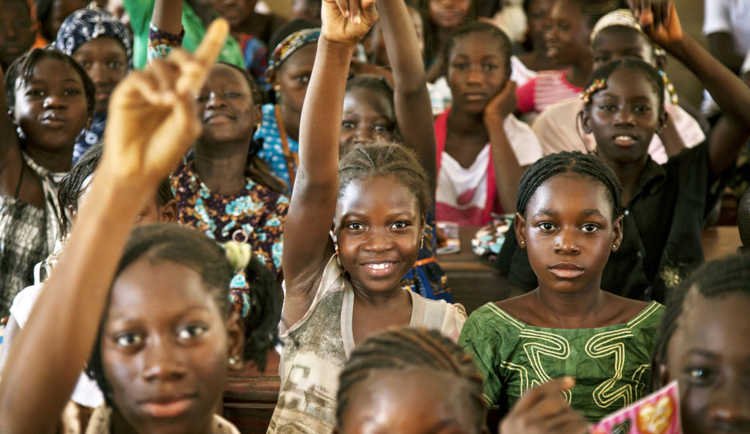As we observe the International Day of the Girl Child unique challenges are being faced by millions of girls in Nigeria.
Development Diaries reports that the theme of this year’s International Day of the Girl Child 2024 is ‘Girls’ Vision for the Future’.
Despite progress in some areas, the Nigerian girl child continues to face numerous barriers to her well-being and future.
These challenges include limited access to quality education, early marriage, gender-based violence, and harmful cultural practices that hinder her potential.
Millions of children in Nigeria, 60 percent of whom are girls, are out of school. This stark figure reveals the disparity and highlights the urgent need for interventions that prioritise the girl child in education and beyond.
Access to education is critical for breaking the cycle of poverty and inequality. Societal biases that prioritise boys’ education over girls’, combined with economic hardship, meaning that many families withdraw their daughters from school at a young age.
Early marriage remains one of the most pervasive issues affecting the Nigerian girl child. The United Nations Population Fund (UNFPA) estimates that 44 percent of Nigerian girls are married before the age of 18.
Early marriage not only truncates a girl’s education but also exposes her to health risks, such as complications from early pregnancy, and reinforces cycles of poverty.
Additionally, many girls are subjected to gender-based violence, both within their homes and in their communities, further marginalising them. Unfortunately, the Violence Against Persons (Prohibition) Act (VAPP) has not been enforced in many states, increasing girls’ vulnerability to abuse.
State governments play a pivotal role in bridging the gender gap in education through gender-responsive education sector plans (GRESP).
Currently, only a few Nigerian states have developed such plans, leaving many girls in regions with gender-blind policies that fail to cater to their specific challenges.
Integrating gender responsiveness into state education planning is essential for creating safe, inclusive, and supportive learning environments for girls.
On this International Day of the Girl Child, Development Diaries calls on the federal and the sub-national governments to ensure the implementation of laws and policies that promote gender-responsive education, protect girls from harmful practices and improve their access to quality health care.
Photo source: UN







